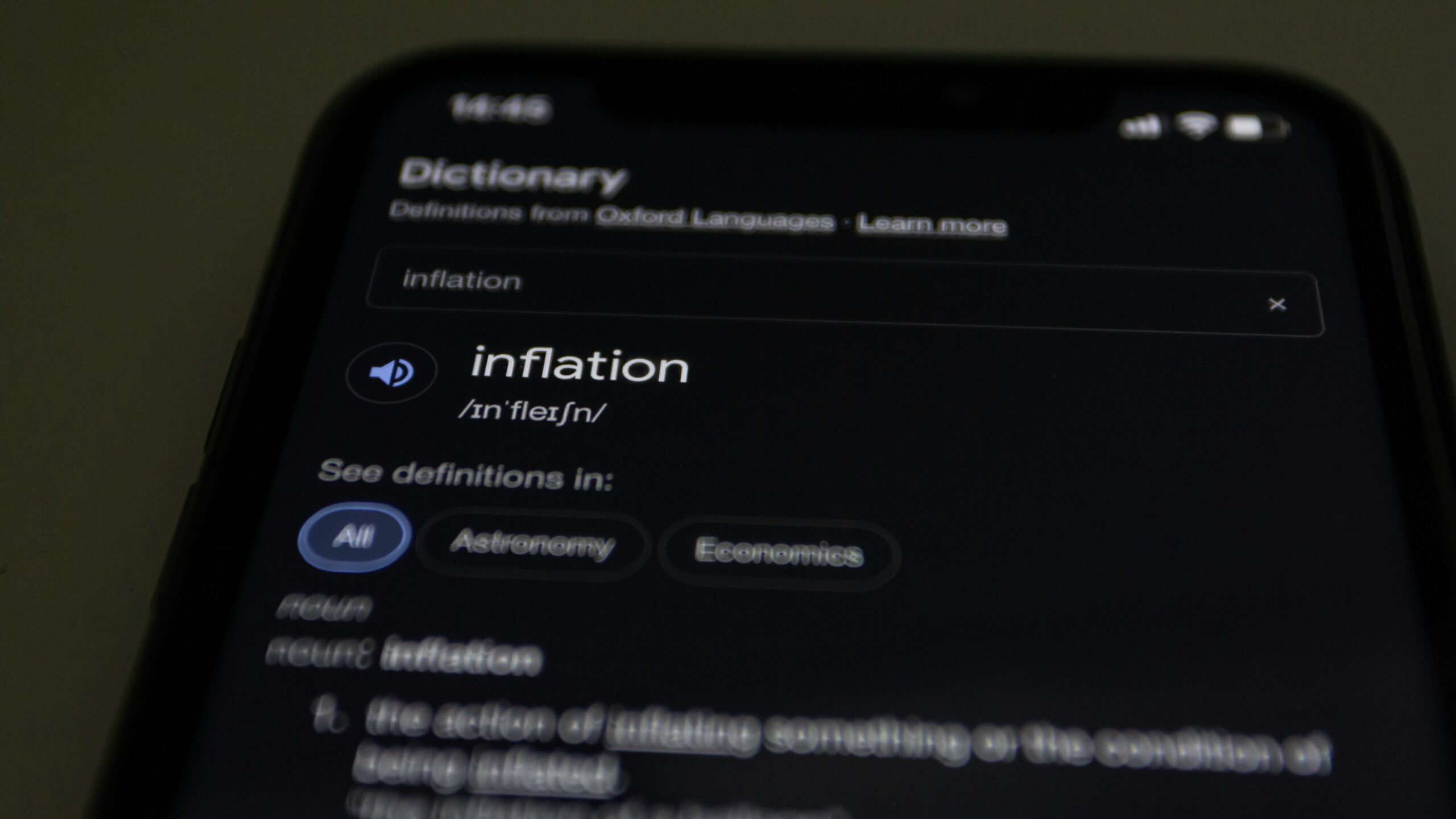Inflation in 2025 is becoming a major concern for many Americans, making it essential to understand how to protect your finances against rising inflation. As prices for groceries, gas, housing, and other essentials continue to climb, the purchasing power of your money weakens. This ongoing economic trend is forcing households across the United States to rethink how they manage, save, and invest their money.
Understanding the Impact of Inflation on Your Finances
Inflation refers to the general increase in prices over time, which reduces the value of money. For example, if inflation is at 5%, something that cost $100 last year might cost $105 today. When inflation rises faster than income growth, many Americans struggle to maintain their standard of living. Everyday expenses like food, transportation, and utilities become noticeably more expensive, often putting pressure on monthly budgets.
Read more: How Inflation in 2025 Is Impacting Everyday Americans
Adjust Your Budget to Reflect Current Price Levels
One of the first steps in protecting your finances is adjusting your budget to account for higher costs. Review your monthly spending and identify areas where inflation is hitting hardest, such as groceries, gas, or utilities. Consider cutting back on non-essential expenses like streaming services, dining out, or subscription boxes. Redirect those savings toward essentials and an emergency fund to create a stronger financial cushion.
Focus on High-Interest Debt Reduction
Inflation often leads to higher interest rates, especially on variable-rate debt like credit cards and some loans. Paying down high-interest debt quickly can prevent your financial situation from worsening. If possible, consolidate debts or transfer balances to lower-interest options before rates climb further. Reducing your debt load makes your budget more flexible and less vulnerable to rising costs.
Boost Your Income to Offset Rising Prices
Exploring ways to increase your household income can help balance the effects of inflation. This could include negotiating a raise, starting a side hustle, or monetizing a hobby. Even a small boost in monthly earnings can help offset higher living expenses. Look for gig economy opportunities, freelance work, or part-time jobs that fit your skills and schedule.
Consider Inflation-Protected Investments
Investing wisely is another key strategy. Consider putting some of your savings into assets that historically perform well during inflationary periods. Treasury Inflation-Protected Securities (TIPS), Series I Savings Bonds, and certain types of commodities like gold and oil can provide a hedge against inflation. Diversifying your investment portfolio can help protect your long-term purchasing power.
Reevaluate Your Savings Strategy
Traditional savings accounts often fail to keep pace with inflation, meaning your money could lose value over time if it sits idle. Consider moving some funds into high-yield savings accounts or certificates of deposit (CDs) with competitive rates. While these may not completely beat inflation, they can minimize the erosion of your savings.
Read more: Emergency Fund 101: How Much Do You Really Need?
Shop Smart and Take Advantage of Discounts
Be strategic about shopping. Use coupons, cashback apps, and loyalty programs to stretch your dollars further. Buying in bulk, choosing generic brands, and timing purchases around sales events can also help reduce overall spending.
Build and Maintain an Emergency Fund
Having at least three to six months’ worth of expenses saved can help you weather inflation-related financial shocks. Rising prices may increase the recommended emergency fund size, so consider adjusting your target accordingly. Automate contributions to your emergency savings to make building the fund easier.
Stay Informed About Economic Trends
Keeping up with inflation reports, Federal Reserve updates, and consumer price index (CPI) data can help you anticipate future cost increases. Being proactive allows you to adjust your budget and investment strategies before inflation impacts your finances even further.
Conclusion
Protecting your finances against rising inflation in 2025 requires proactive budgeting, smart investing, debt reduction, and income diversification. By taking these steps now, you can maintain greater financial stability and reduce the long-term impact of inflation on your personal wealth.











